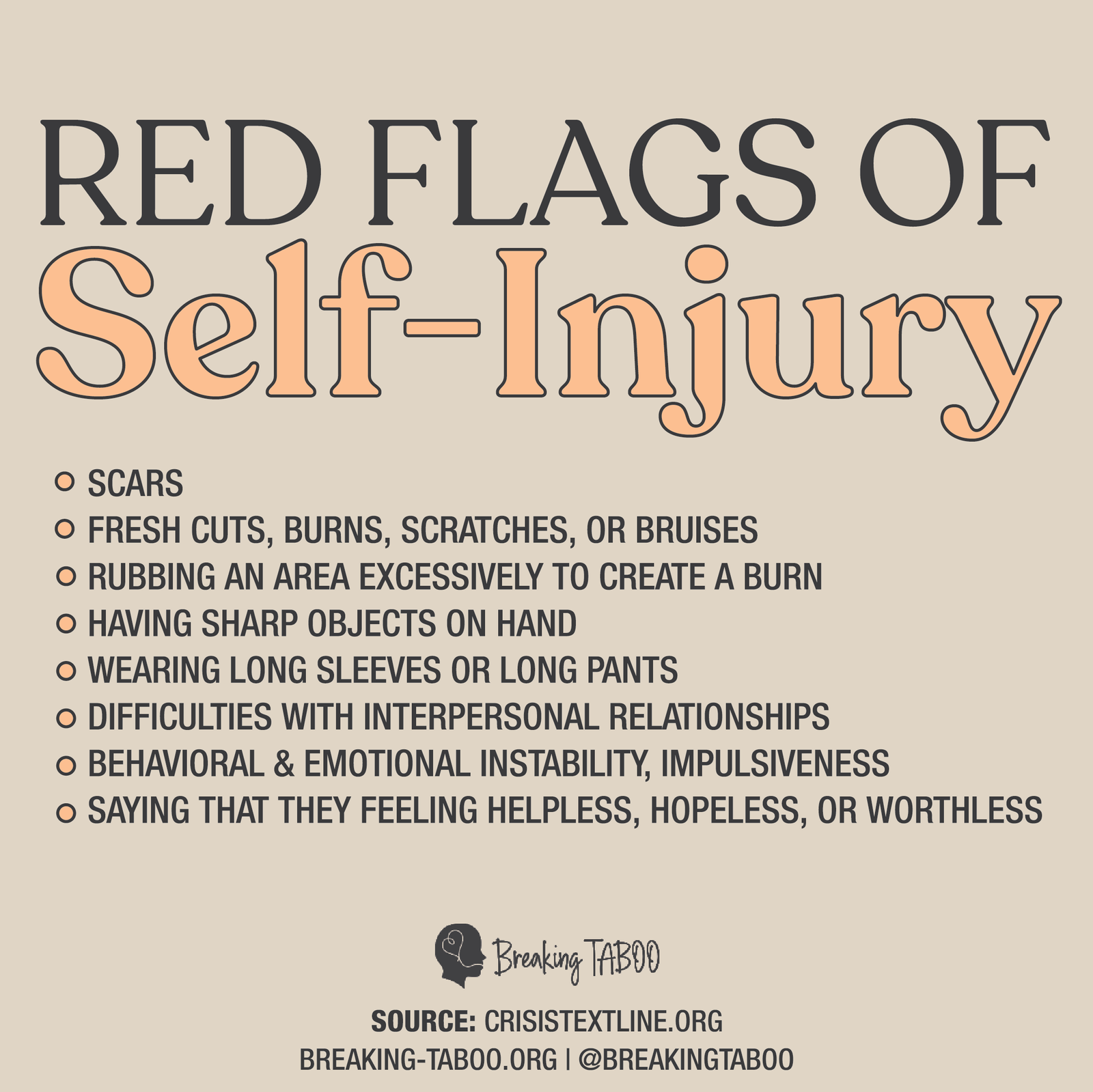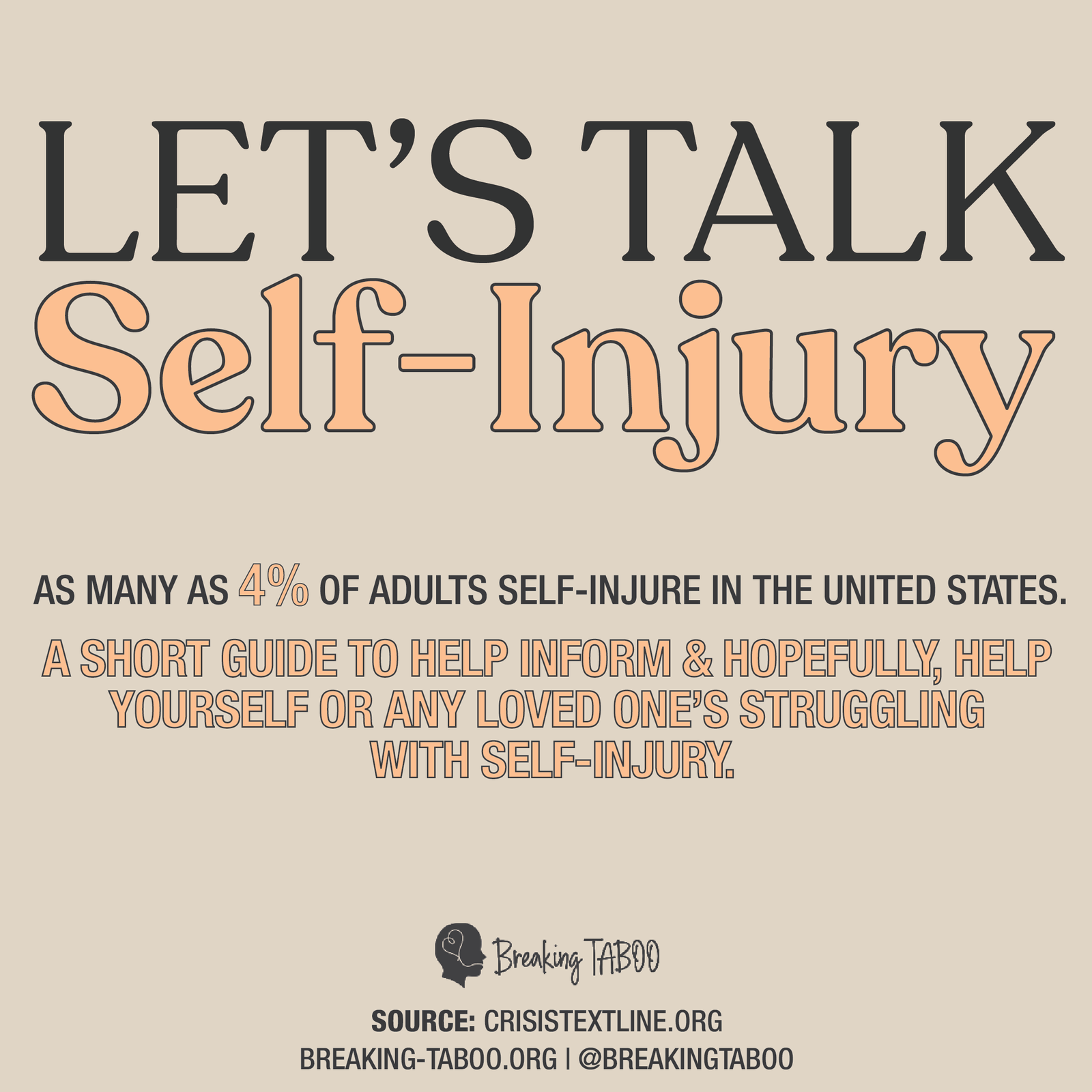We enjoyed being able to talk with Amy Chase. She shares her story of emotional and physical abuse, and depression. She has been through a lot since childhood, and is living proof that you can find yourself and heal from your traumas (even at 34 years old.)
1. What do you wish people knew about mental illness and domestic violence?
I wish people who have never experienced both can spend a day in our shoes. I like to use the physical disability analogy: Having a mental illness is no different than having a broken arm or cancer. They are all debilitating. The only difference is that mental illness is invisible.
2. What do you wish people knew about mental illness/PTSD and being a sexual assault/rape survivor?
I wish that people don’t use the term “trigger” lightly. The word is also being used as a derogatory term in political debates which further diminishes it. For those of us with mental illnesses, triggers are real and they’re part of the challenge of living with our illnesses on a daily basis.
3. What was it like being un-diagnosed for so long?
For as long as I can remember, I always felt like there was something wrong with me. When I was a kid, I felt homesick even though I was sleeping in my own bed. In high school, I often felt foggy and out of place; it was hard for me to find joy in many activities. It wasn’t until I was 22, about to graduate college, when I hit rock bottom and planned my suicide that I finally got help. One of my friends who has experience with mood disorders in her family recognized my symptoms right away and encouraged me to seek counseling at my school. That was where I was first diagnosed with clinical depression. It was liberating to finally put a label on it. It made me realize what I was feeling and experiencing was real and that I was not the only one feeling this way.
4. What do you wish you could tell your younger self?
There are so many things I wish I can tell my younger self. When I turned 30, I wrote a letter to my 15-year-old self. I didn’t know it at the time, but that was the start of healing my inner child. https://amychin.wordpress.com/2014/02/
5. Have you done therapy? If so, has it helped? What have you learned?
Yes, I have been in and out of therapy since I was 22 years old. The period when I was going to therapy the most consistently was between October 2017 to the present day. In that time, I had gone through 4 difference therapists until I found the right one. I was dealing with job loss, a move, separation and pending divorce, and I was in a very abusive relationship. After I got out of the abusive relationship in April 2018, I found a therapist who specializes in domestic violence and I have been seeing her ever since. This has been the most effective treatment I have ever received. In less than 6 months, my depression and anxiety has gone down. She confirmed that my parents are toxic and it’s healthier for me to distance myself from them. I am finally learning to set boundaries with everyone, especially friends and romantic partners.
6. What coping skills have you learned?
I have learned to take better care of myself overall. I am now very protective of my inner child. Now that I have friends with children who I spend time with, I notice that I am especially protective of the girls. And I know that’s because I’m showing them the care and love that I never received from my parents. That is how I am treating my inner child as well.
7. What do you do for self-care?
I take time to re-charge. I have always been very independent and enjoyed doing things on my own, but I now find more things to do on my own, such as spending an afternoon at the park, going to an art exhibit or a performance, etc. and I no longer feel self-conscious about going alone like I used to do.
8. How are you healing from dealing with mental, physical and emotional abuse for so long?
There are some days when it’s still very difficult for me to get out of bed and to start the day. I have learned to just give myself time. The healing is ongoing. I know I can’t expect to un-do almost 34 years of abuse with just a few years of therapy. It’s going to take a lot of time, just as if I was dealing with a physical ailment.
9. When did you decide to allow your inner child to heal? Are you glad you are allowing yourself this time now?
Right after I got out of my last relationship, I wanted to do everything within my power to feel better and to move on. The concept of the inner child started to become a recurring theme. It first came up in conversation with a friend in February, then with a reiki healer in April, then again with my current therapist, and finally in a book called “The Emotionally Abused Woman: Overcoming Destructive Patterns and Reclaiming Yourself” by Beverly Engel. (That’s the BEST self-help book I have ever read and it’s done wonders for me. I highly recommend it!) I wish I can go back in time and start the healing process sooner, but I can’t so I’m glad I’m finally finding myself, even if it’s at age 34. I feel like I’m re-living my 20s all over again so this is my second chance.
10. If you could help break the stigma that surrounds mental illness, what would you do?
This is why I am very vocal and open about my experiences on social media. I have been approached by friends, relatives, and coworkers who have thanked me and also shared with me their struggles. I feel very encouraged by these responses, but I am even more encouraged when people tell me to stay silent because my stories might endanger my job prospects. These people are proof that I need to keep talking.




